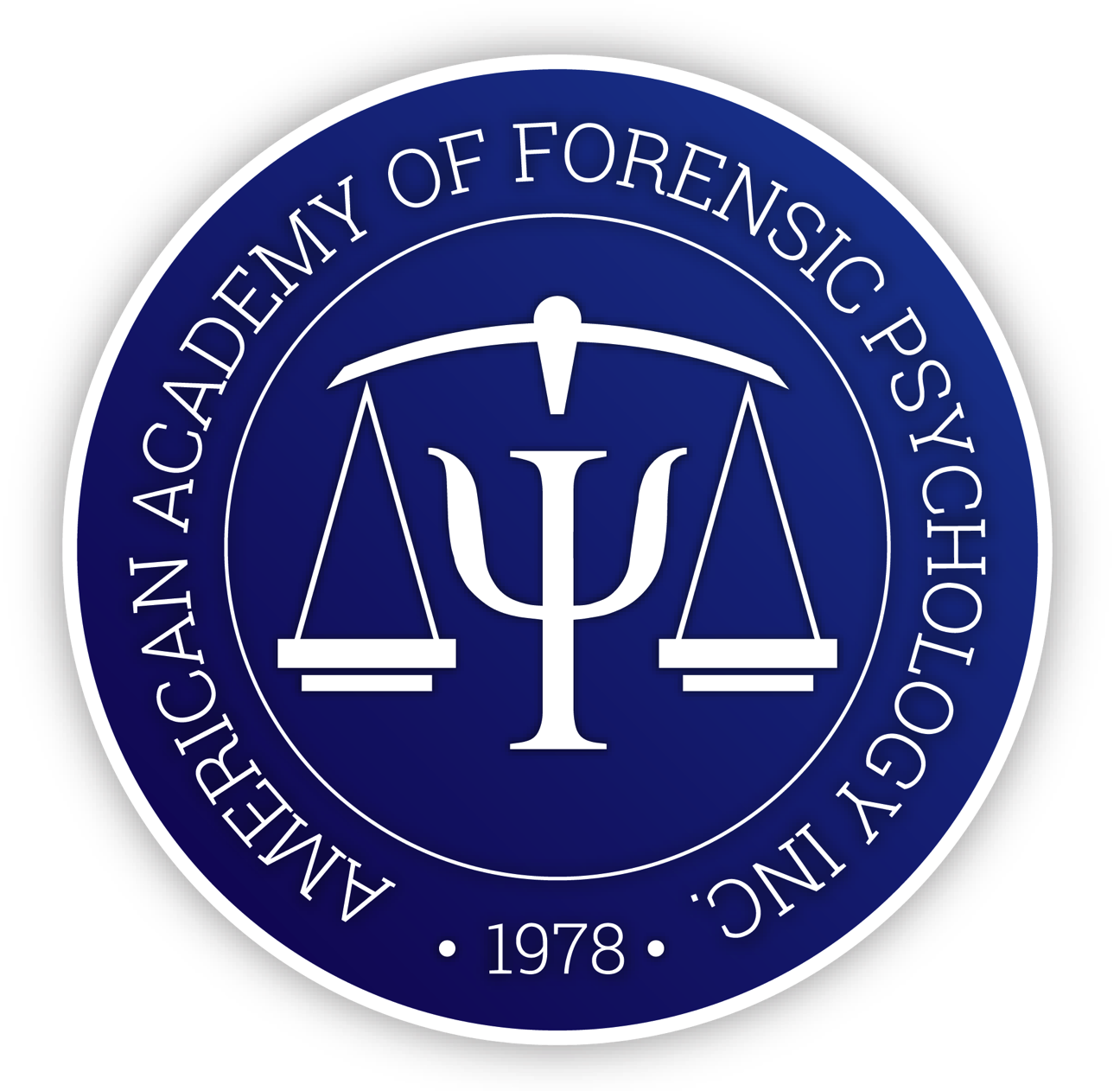4 Hours | 4 CEs
This on-demand professional training program on Methamphetamines: An Overview for Forensic Mental Health Professionals is presented by Shawn Acheson, PhD in partnership with the American Academy of Forensic Psychology (AAFP).
This program provides an in-depth overview of methamphetamine with implications in forensic psychology and mental health. This topic is of relative importance for those working in forensic and/or correctional settings where many residents have a history of abuse or misuse.
This program provides a history of psychostimulant use before taking a deep dive into the mechanism of action of these drugs. Particular attention is given to methamphetamine and newer-generation synthetic drugs with methamphetamine-like properties. Methamphetamine abuse and its subsequent effects are commonplace in forensic and correctional settings. The knowledge gained in this should provide a better understanding of those who misuse or abuse methamphetamines or related synthetics.
This program is devoted to understanding these drugs' short- and long-term effects on cognition and behavior and the risk factors associated with adverse outcomes. Research concerning the impact of pre-and peri-natal exposure is discussed.
This program is intended for mental health professionals at various stages of their careers who are seeking a better understanding of methamphetamines and related synthetic compounds. The presentation is provided from a forensic perspective, but an in-depth understanding of or experience in forensic mental health is not required. This program should be well suited for those working in forensic or correctional settings.
Program Outline
- History, Sociology, and Related Crime Statistics
- Pharmacology
- Basics of Pharmacology & Drug Action
- The 5 Windows of Risk / Impact
- Psychostimulants, Meth, and Synthetics
- Effects on Cognition and Behavior
- Short and Long Term Effects
- Psychosis
- Pre-/Peri-Natal Effects

Intended Audience
This on-demand professional training program is intended for mental health and other allied professionals

Experience Level
This on-demand professional training program is appropriate for beginner, intermediate, and advanced level clinicians.

CE / CPD Credit
APA, ASWB, CPA, NBCC Click here for state and other regional board approvals.
Learning Objectives
Upon completion of this program you will be able to:

Describe the history and culture of psychostimulant use

Describe the pharmacology of psychostimulants, including methamphetamine and synthetics

Describe the effects of methamphetamine and synthetics on mental states

Curriculum
1. Introduction
2. Some Caveats and Comments
3. Origins
4. Use and Abuse
5. Questions
6. Basics of Neuroscience and Pharmacology - Part 1
7. Basics of Neuroscience and Pharmacology - Part 2
8. Pharmacology of Psychostimulants
9. Methamphetamine
10. Closing Questions
Develop a Specialty Area of Practice
Transforming mental health professionals into experts
Expert Instructors
Professional training developed and delivered by the field's leading experts

CE Credit
Earn CE credit for meaningful professional training that will elevate your practice
Convenience & Flexibility
Learn at your own pace, from wherever you might be!
Program Partner
American Academy of Forensic Psychology (AAFP)
We are proud to partner with the American Academy of Forensic Psychology (AAFP) for this training. AAFP is a non-profit organization of board-certified forensic psychologists whose mission is to contribute to the development and maintenance of forensic psychology as a specialized field of study, research, and practice. The Academy does this by providing high-quality continuing education workshops, providing a forum for the exchange of scientific information among its members, and conferring awards upon outstanding students and practitioners in the field of forensic psychology.

CE Sponsorship Information
Palo Alto University, Continuing and Professional Studies (CONCEPT) is approved by the American Psychological Association to sponsor continuing education for psychologists. Palo Alto University, Continuing and Professional Studies (CONCEPT) maintains responsibility for this program and its content. Palo Alto University, Continuing and Professional Studies (CONCEPT) is approved by the Canadian Psychological Association to offer continuing education for psychologists. Palo Alto University, Continuing and Professional Studies (CONCEPT), SW CPE is recognized by the New York State Education Department’s State Board for Social Work as an approved provider of continuing education for licensed social workers #SW-0356 and the New York State Education Department’s State Board for Mental Health Practitioners as an approved provider of continuing education for licensed mental health counselors. #MHC-0073. Palo Alto University, Continuing and Professional Studies (CONCEPT) has been approved by NBCC as an Approved Continuing Education Provider, ACEP No. 6811. Programs that do not qualify for NBCC credit are clearly identified. CONCEPT Professional Training, #1480, is approved to offer social work continuing education by the Association of Social Work Boards (ASWB) Approved Continuing Education (ACE) program. Organizations, not individual courses, are approved as ACE providers. State and provincial regulatory boards have the final authority to determine whether an individual course may be accepted for continuing education credit. CONCEPT Professional Training maintains responsibility for this course. ACE provider approval period: 11/22/23-11/22/26. Social workers completing this course receive (clinical or social work ethics) continuing education credits.


